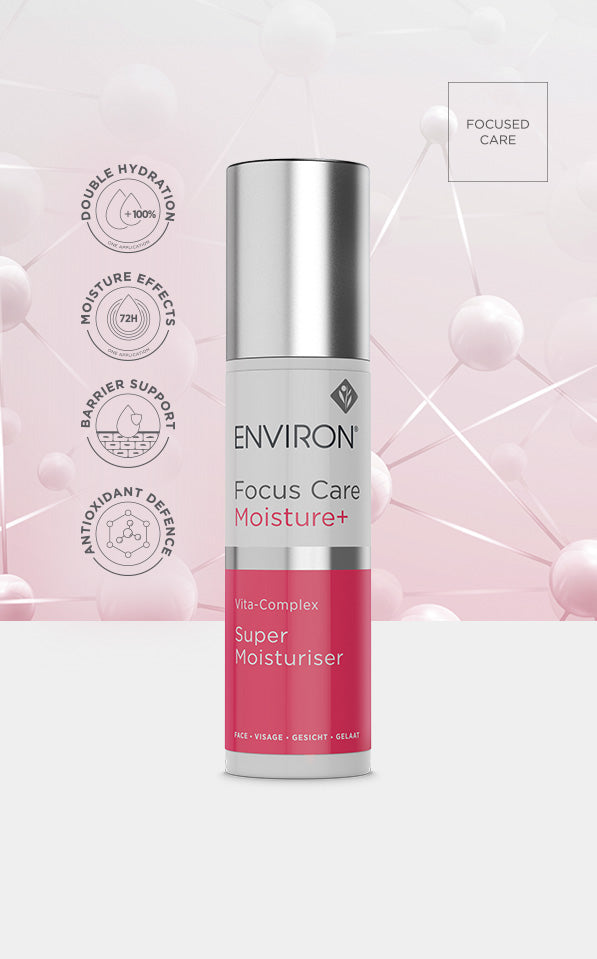
Unveiling the Top 5 Anti-Aging Skin Mistakes: A Fresh Perspective
Aging is a natural part of life, and our skin often reveals those changes first. While genetics and the environment influence how our skin ages, many daily habits can speed up this process. Learning about these common missteps is vital for maintaining a youthful and vibrant appearance. In this post, we will explore the top five anti-aging skin mistakes, helping you refine your skincare routine and promote a radiant, more youthful look.
Mistake 1: Skipping Sunscreen
Sunscreen may be the most crucial element in your skincare routine. Even on overcast days or if you stay indoors, UV rays can still penetrate through windows, causing lasting damage. Research shows that just one bad sunburn can increase the risk of skin cancer by 50%.
For optimal protection, choose a broad-spectrum SPF of at least 30. Be sure to apply enough product, approximately one ounce, to cover your entire body, and reapply every two hours. If you're swimming or sweating, it’s important to reapply more frequently.
Mistake 2: Over-Exfoliating
Exfoliation is essential for maintaining smooth skin and encouraging fresh cell turnover. However, overdoing it can strip away the skin’s natural moisture barrier, leading to irritation and making fine lines more noticeable.
To avoid this mistake, limit exfoliation to 2-3 times per week, based on your skin type. Whether you opt for chemical exfoliants like AHAs (Alpha Hydroxy Acids) or BHAs (Beta Hydroxy Acids) or gentle physical scrubs, observe how your skin reacts and adjust accordingly. Research shows that regular but moderate exfoliation can enhance skin texture, so balance is key.
Mistake 3: Neglecting Moisturizer
As skin matures, it loses moisture and elasticity, leading many to believe that those with oily skin don’t need a moisturizer. But even oily skin types require hydration. Neglecting to moisturize can dry your skin and emphasize wrinkles.
Select a moisturizer that suits your unique skin type. Look for products containing hydrating ingredients like hyaluronic acid, glycerin, and ceramides. A 2018 study indicated that using moisturizers can improve skin hydration levels by up to 80%, especially when applied to slightly damp skin.
Mistake 4: Ignoring Diet and Hydration
Your diet significantly impacts the health and appearance of your skin. A study by the American Academy of Dermatology showed that diets high in sugar and processed foods could lead to skin aging by up to 10 years.
To promote healthy skin, include foods rich in antioxidants, healthy fats, and essential vitamins such as A, C, and E. For instance, berries, nuts, and avocados are not only tasty but also beneficial for your skin. Stay hydrated by drinking at least eight glasses of water daily to keep your skin plump and radiant.
Mistake 5: Skipping Professional Treatments
While a consistent daily skincare routine is important, many overlook the power of professional treatments. Options such as chemical peels, facials, and microneedling can significantly enhance the effects of at-home care.
Consult with a licensed dermatologist or esthetician to find treatments that match your skin concerns. A treatment plan could include monthly facials or bi-annual microneedling sessions, which studies suggest can improve skin firmness and elasticity by over 40%.
The Path to Youthful Skin
Caring for your skin is a lifelong journey that requires consistency and awareness. By addressing these five common anti-aging mistakes—skipping sunscreen, over-exfoliating, neglecting moisturizer, ignoring diet and hydration, and skipping professional treatments—you can enhance your skin’s health and appearance.
Establish a nurturing skincare routine, adopt healthier lifestyle choices, and consider professional assistance to achieve and maintain a glowing complexion. Remember, taking charge of your skin starts today. Every small effort can lead to noticeable results over time.
By recognizing and correcting these frequent anti-aging missteps, you empower yourself to keep your skin looking vibrant and healthy for many years to come.
